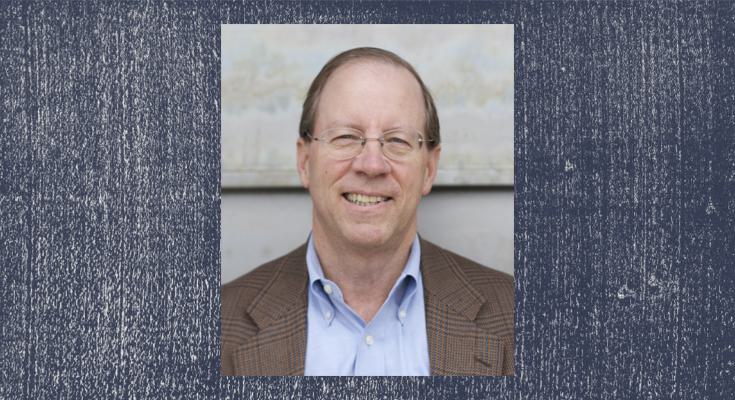Hans Selye was a scientist from Canada who was the true pioneer in discovering the impact of emotions on a person’s health. He wrote over 30 books on the subject.
His landmark book was called The Stress of Life. In his research, he discovered a principle that is crucial if a person is to be emotionally healthy.
He had a fancy term for it: altruistic ego-ism
Which is nothing more than the Biblical truth – “helping others, helps you.”
In Luke 6:38, Jesus says “Give and it will be given unto you.” In Proverbs 11:25 we are told: “A generous man will prosper; he who refreshes others will himself be refreshed.” In other words, when we enrich someone else’s life, we will find our own lives enriched. Selye observed this principle at work during years and years of research.
This principle in its simplest form is “We receive in this life by giving.” God designed the human heart to give and we receive great joy in this life when we give.
To many, this might sound self-serving, that I should give to others so that I can receive. But in reality, God is telling us, “This is the way I designed you. This is the way you will function best as a human being.”
Now if this is true, then the inverse of this principle is also true - that self-centeredness leads to misery in life.
Several years ago, an interesting book was published that apparently did quite well. It was titled, The Narcissism Epidemic, and was written by two American psychologists. The book focuses on the significant shift that has occurred in our culture’s psychology: the relentless rise of narcissism. Narcissism is defined as “an excessive interest in oneself and one’s physical appearance.” The authors contend that this epidemic of narcissism has resulted in people being more depressed, more discontent, and more unhappy than ever before.
When we fail to do what God designed us to do, it is just a matter of time before we malfunction.
The story is told by M. Scott Peck, the famous psychologist and author, of a woman patient who was suffering from extreme depression. One day, when she was due for an appointment with him, she called on the telephone and told him that her car had broken down. Dr. Peck offered to pick her up on his way to work, but he explained to her that he had to make a hospital call before he got to the office. If she was willing to wait in the car while he made the call, they could have their appointment. She agreed.
When they got to the hospital, he had another suggestion. He gave her the names of two of his patients who were convalescing there, and told her that each of them would enjoy a visit from her. When they met again, an hour and a half later, the woman was on an emotional high. She told Dr. Peck that making the visits and trying to cheer up those patients had lifted her spirits, and that she was feeling absolutely wonderful.
Dr. Peck responded by saying, “Well, now we know how to get you out of your depression. Now we know the cure for your problem.”
The woman answered, “You don’t expect me to do that every day, do you?”
When you enrich someone else’s life, you will find your own life enriched. However, when one is consumed with themselves, it is just a matter of time before they find themselves depleted and emotionally impoverished.
Richard E. Simmons III is the founding director of The Center for Executive Leadership, a faith-based ministry in Birmingham, Alabama focused on counseling businessmen and professionals. His column appears every weekend in 1819 News. Richard is the best-selling author of The True Measure of a Man, Reliable Truth, and The Power of a Humble Life. His newest book, an Amazon best-seller, is Reflections on the Existence of God – a series of short essays seeking to answer life’s most enduring question: Does God exist? You can find Richard's weekly blog, podcast, and more at richardesimmons3.com . The views and opinions expressed here are those of the author and do not necessarily reflect the policy or position of 1819 News. To comment, please send an email with your name and contact information to Commentary@1819News.com










